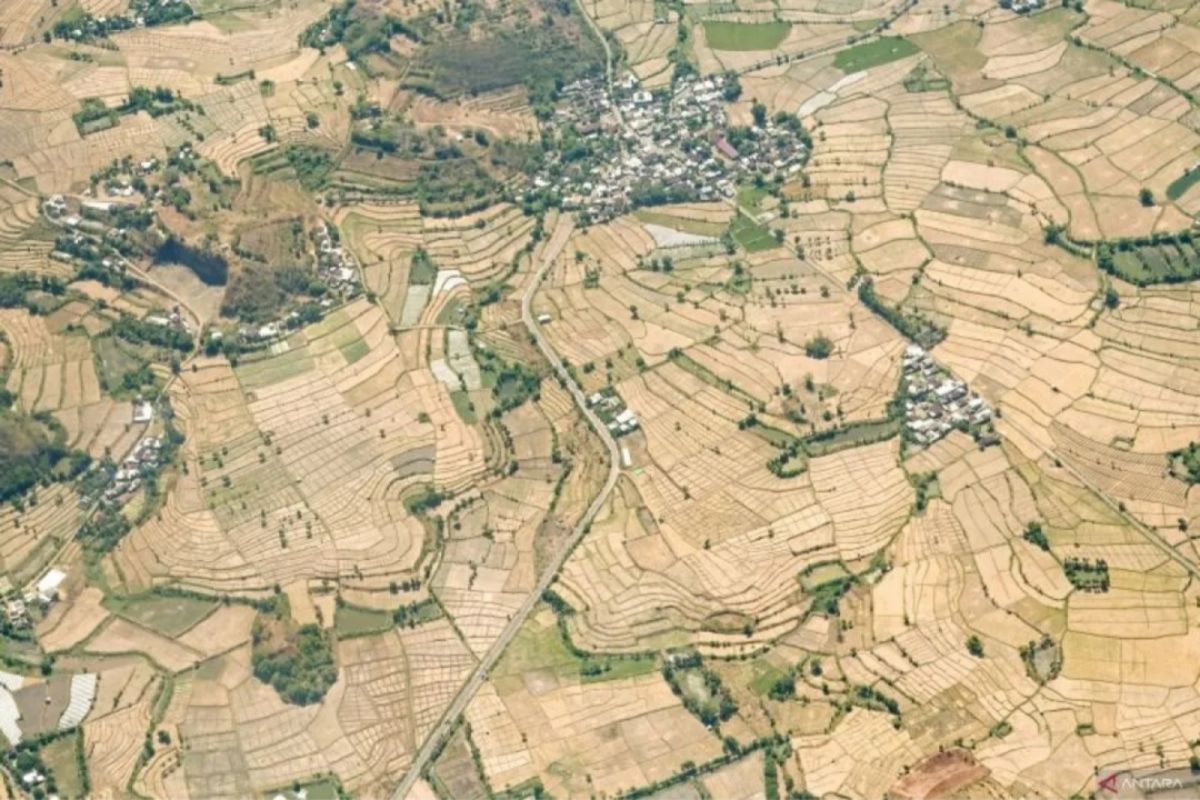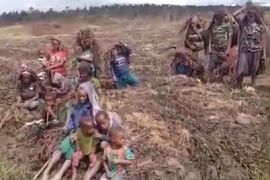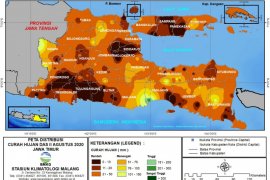Jakarta (ANTARA) - The Meteorology, Climatology, and Geophysics Agency (BMKG) reported that East Java, East Nusa Tenggara (NTT), and West Nusa Tenggara (NTB) have begun experiencing extreme drought due to a lack of rainfall for three months.
BMKG's Deputy Head for Climatology, Ardhasena Sopaheluwakan, stated here on Wednesday that the severely affected areas were found in tens of sub-districts and 18 districts and cities in the three provinces.
He underscored the need for central and regional governments of the affected provinces to make immediate mitigation efforts to address any potential impact of the extreme drought on communities in the severely hit regions.
Sopaheluwakan remarked that the drought, due to water scarcity, could pose serious threats to rice harvests and the rice planting season and trigger potential wildfires in the three provinces.
Hence, he emphasized that prevention and mitigation efforts should be made at least until September as it is projected to be the peak of this year's dry season.
In addition, government agencies should protect residents in the affected regions from the potential spread of Dengue fever, as the bite of Aedes aegypti mosquitoes tends to increase during the dry season, he remarked.
The BMKG reported that the affected districts and cities include Kupang City; the districts of Belu, Sumba Timur, Sabu Raijua, and Kupang in East Nusa Tenggara; and Lombok Timur, Bima, and Dompu in West Nusa Tenggara.
He remarked that in East Java, the affected regions include the city of Probolinggo and the districts of Probolinggo, Jember, Pasuruan, Situbondo, Banyuwangi, Mojokerto, and Tulungagung.
As reported earlier, the Ministry of Agriculture has been striving to anticipate the impacts of extreme drought on affected farmers' paddy fields by launching a water pumping program.
President Joko Widodo (Jokowi) stated that the Ministry of Agriculture's water pumping program aims to help farmers cope with the impact of prolonged drought on their paddy fields.
Water pumping machines can derive full benefit from ground and river water to irrigate vulnerable rice fields.
A prolonged drought has been forecast in Indonesia in July, August, September, and October this year. The water pumping program is expected to help farmers boost rice productivity, President Jokowi remarked.






